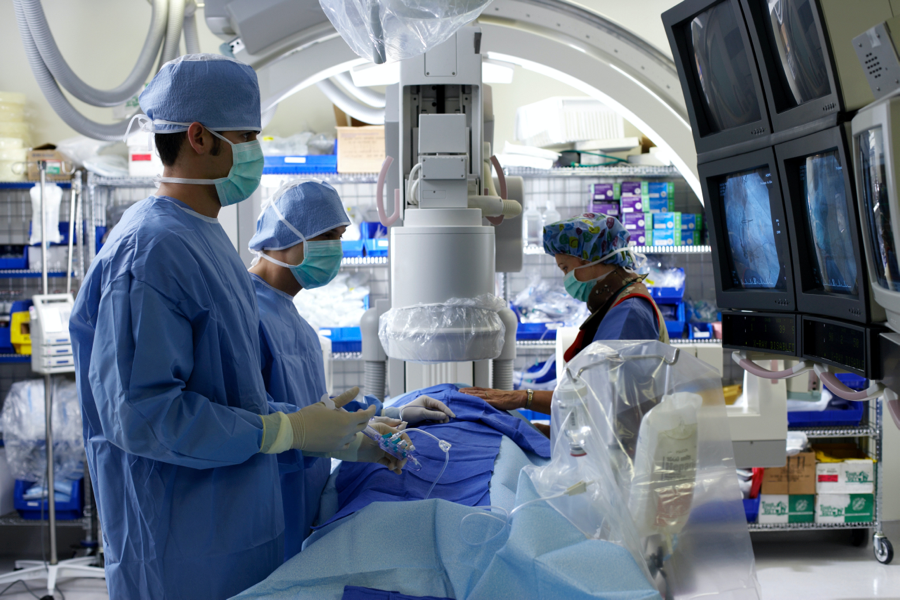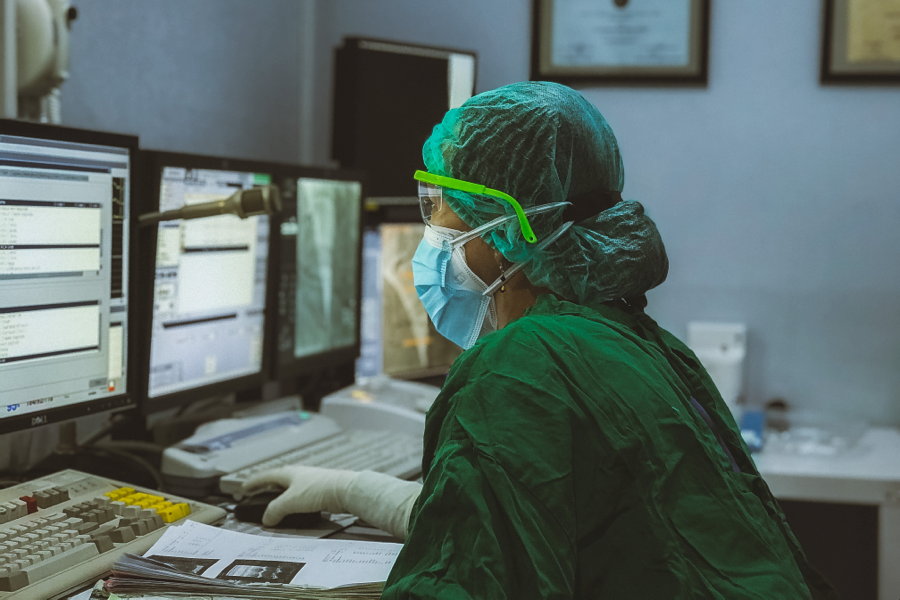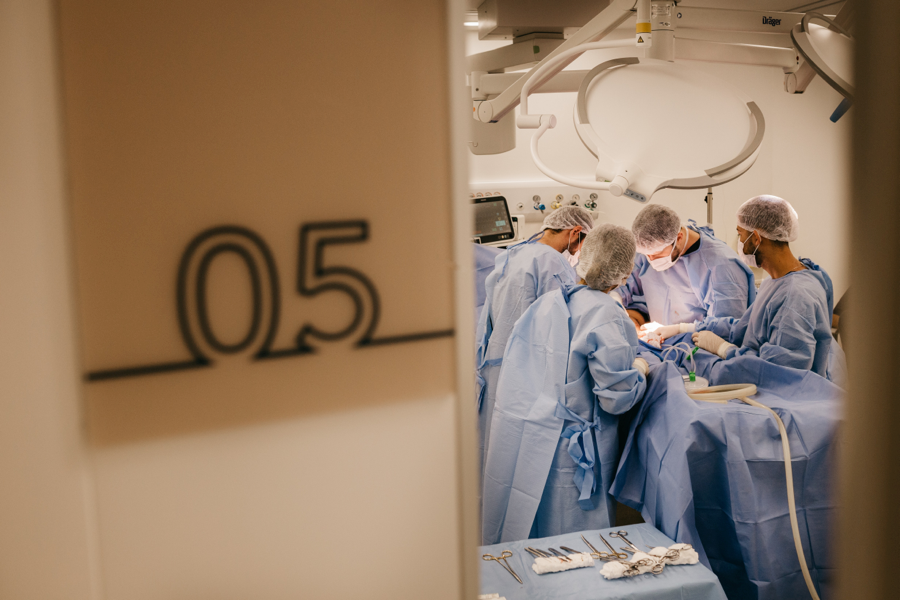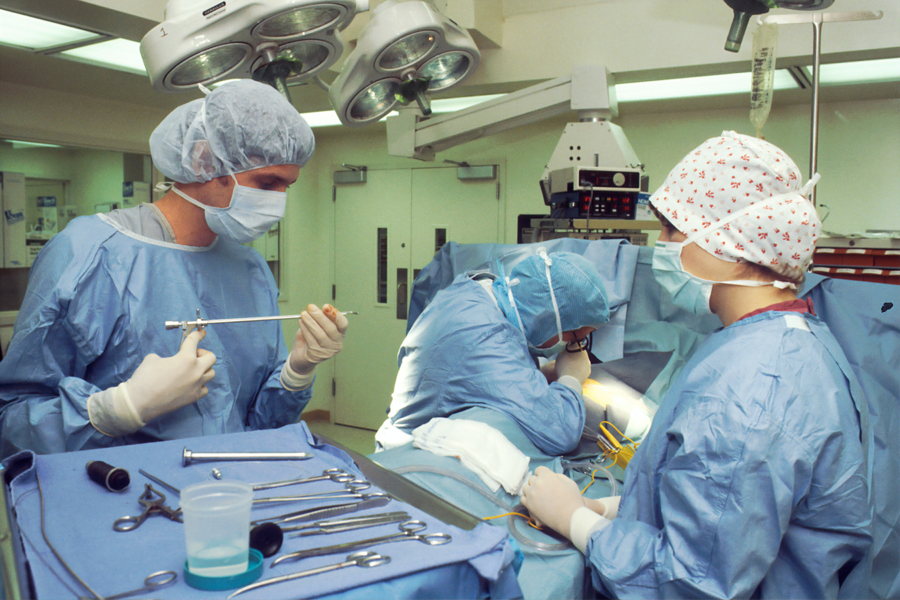
CLINICAL PRACTICE
ER Nurses as Key Players in Forensic Evidence Collection
-
 EveryNurse Staff
EveryNurse Staff
- Last Updated: 07/05/2023

When we think of nurses, we often picture them as the caring and compassionate professionals who provide essential medical care and support to patients. However, there is a specialized field within nursing that goes beyond traditional patient care and delves into the world of forensic science. This field is known as forensic nursing, and its impact is particularly crucial in the fast-paced environment of the emergency room (ER).
In this article, we will explore the fascinating world of forensic nursing in the ER and examine the invaluable role that ER nurses play in evidence collection. By understanding the importance of forensic nursing in the ER, we can gain a deeper appreciation for the multidisciplinary nature of healthcare and the contributions of these dedicated professionals to both patient care and the legal system.
Overview of Forensic Nursing
Forensic nursing is a specialized field that combines nursing skills with forensic science knowledge to provide comprehensive healthcare services to individuals who have experienced trauma or are involved in legal cases. Forensic nurses are highly trained professionals who bridge the gap between healthcare and the legal system. They are equipped with the expertise to assess and document injuries, collect evidence, provide trauma-informed care, and support victims of violence or abuse.
Definition and Role of Forensic Nurses
The Intersection of ER Nursing and Forensic Science
In the emergency room, forensic nurses play a vital role in providing specialized care to patients who have experienced various forms of trauma, including sexual assault, domestic violence, child abuse, and gunshot wounds. By understanding the intersection of nursing and forensic science, forensic nurses in the ER are able to gather crucial evidence that can make a significant impact on legal proceedings and the pursuit of justice.
The Importance of Forensic Nursing in the ER
In the fast-paced and high-stakes environment of the emergency room (ER), the role of forensic nursing holds immense importance. Forensic nurses bring their specialized knowledge and skills to the ER, contributing to evidence collection and ensuring that victims of crime receive the appropriate care and support.
Role in Evidence Collection
One of the key contributions of forensic nursing in the ER is its role in evidence collection. When individuals who have experienced trauma or are victims of violence seek medical attention in the ER, forensic nurses are trained to meticulously document injuries, collect physical evidence, and preserve it for forensic analysis. This evidence can play a crucial role in criminal investigations, helping to identify perpetrators and provide corroborating evidence in legal proceedings.
Forensic nurses in the ER are trained to handle and document various types of evidence, such as swabs for DNA analysis, photographs of injuries, clothing samples, and any other relevant physical evidence. They follow standardized procedures and protocols to ensure the integrity and chain of custody of the evidence, maintaining meticulous records to withstand legal scrutiny.
Patient Advocacy
Apart from evidence collection, forensic nurses also play a significant role in advocating for the rights and well-being of victims. They provide trauma-informed care, addressing not only the physical injuries but also the emotional and psychological needs of individuals who have experienced trauma. Forensic nurses are trained to create a safe and supportive environment, actively listening to victims, providing information about available resources and support services, and helping them navigate the complex legal and healthcare systems.
Impact on Legal Proceedings
The Process of Evidence Collection in the ER
Types of Evidence Collected by ER Nurses
- Physical Evidence: This involves collecting and documenting physical items that may contain valuable forensic information. It can include clothing, weapons, personal belongings, or any other items relevant to the crime or incident.
- Biological Evidence: ER nurses collect biological evidence such as swabs for DNA analysis. They carefully collect samples from areas that may contain DNA evidence, such as wounds, body fluids, or items in contact with the victim or perpetrator.
- Photographic Evidence: Proper documentation of injuries or other visible signs of trauma is essential in forensic nursing. ER nurses use photography to capture accurate and detailed images of injuries, bruises, lacerations, and other relevant findings. These photographs serve as crucial visual evidence in legal proceedings.
- Documentation and Documentation of Chain of Custody: Forensic nurses maintain detailed documentation throughout the evidence collection process. They record the date, time, and location of evidence collection, as well as the names of individuals involved and any relevant observations. Additionally, they ensure the proper documentation of the chain of custody, which involves recording every individual who handles the evidence to maintain its integrity and admissibility in court.
Procedures and Protocols for Evidence Collection
In the ER, specific procedures and protocols govern the meticulous process of evidence collection. These protocols ensure that evidence is handled and documented accurately, adhering to established guidelines. By following these standardized procedures, ER nurses play a critical role in maintaining the integrity of collected evidence for potential legal proceedings.
These can include:
- Safety and Patient Care: The well-being and medical needs of the patient take precedence. ER nurses provide immediate medical attention and ensure the stabilization of the patient’s condition.
- Preliminary Assessment: Forensic nurses conduct a thorough preliminary assessment to identify and document any visible injuries or trauma. This assessment helps guide the subsequent evidence collection process.
- Collection of Biological Evidence: ER nurses are responsible for collecting biological evidence such as swabs from wounds, body fluids, or other areas where evidence may be present. They follow proper techniques and adhere to chain of custody protocols to maintain the integrity of the evidence.
- Packaging and Documentation: ER nurses carefully package and label each item of evidence, ensuring it is properly sealed and identified. Detailed documentation of the evidence, including the date, time, and individuals involved, is crucial for maintaining a clear chain of custody.
Challenges Faced by ER Nurses in Forensic Nursing
Balancing Patient Care and Evidence Collection
ER nurses must effectively manage the dual roles of providing immediate medical care to patients while also ensuring proper evidence collection. This can be demanding, as the need for thorough documentation and preservation of evidence must be balanced with the urgency of patient care.
Dealing with Legal and Ethical Dilemmas
ER nurses in forensic nursing often face complex legal and ethical dilemmas. They must adhere to confidentiality regulations, maintain unbiased documentation, and navigate the intricate legal requirements surrounding evidence collection. These challenges require a deep understanding of legal and ethical principles to ensure the rights of patients and the integrity of the evidence.
Conclusion
In the demanding environment of the ER, forensic nursing plays a vital role in evidence collection and preserving critical information. ER nurses who specialize in forensic nursing contribute to the legal process by ensuring the accuracy and integrity of evidence.
Despite the challenges they face in balancing patient care and evidence collection, their dedication to upholding professional standards and providing compassionate care helps bring justice to victims and ensures the effective functioning of the legal system.















